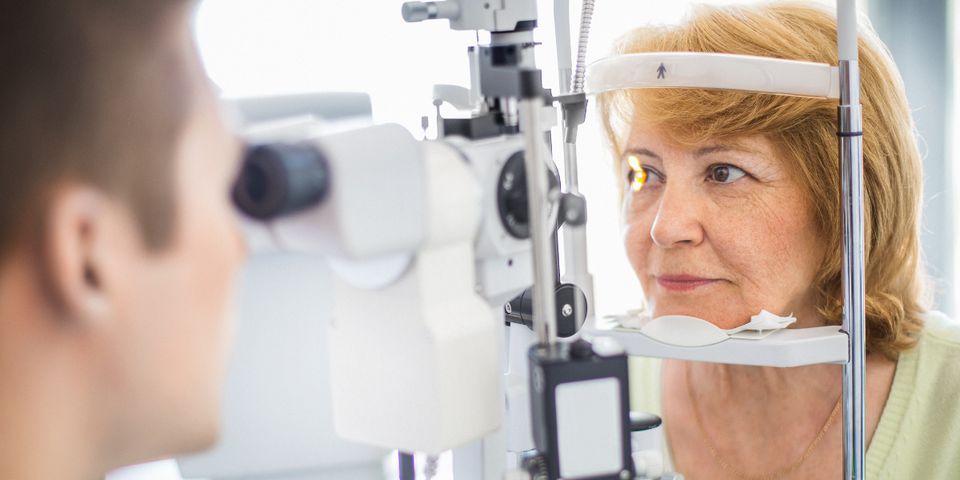
Glaucoma is an eye condition that often affects older adults. Without timely treatment, the disorder can progress to blindness due to the damage it causes. And some forms of it don't cause symptoms until the advanced stages, which illustrates the importance of regular eye exams. This guide goes over a few key facts regarding glaucoma, so you can ensure healthy vision for life.
What Is Glaucoma?
Glaucoma is a group of eye conditions that damage the optic nerve, which is responsible for transmitting visual information from the eye to the brain. This damage is often caused by elevated pressure within the eye, known as intraocular pressure.
There are several types of glaucoma, but the most common is open-angle glaucoma, which develops slowly over time and often has no noticeable symptoms until significant damage has occurred.
What Signs and Symptoms Should You Look For?
Because open-angle glaucoma often develops slowly, it can be difficult to detect without regular eye exams. However, there are a few signs and symptoms to look out for, including:
- Gradual loss of peripheral vision: This is often the first sign of glaucoma, as it can be difficult to notice until a significant amount of vision has been lost.
- Eye pain: If you experience eye pain, especially along with redness and/or nausea, it could be a sign of acute angle-closure glaucoma, which is a medical emergency.
- Blurred or hazy vision: This can be a sign of advanced glaucoma, in which a significant amount of damage has already occurred.
If you experience any of these symptoms, it’s important to schedule an appointment with your eye doctor as soon as possible. Keep in mind that many people with glaucoma have no symptoms at all, which is why regular eye exams are so important.
During your eye exam, your doctor will measure your intraocular pressure and examine your optic nerve for signs of damage. They may also perform other tests, such as visual field testing or optical coherence tomography, to get a more detailed look at your eye health.
If you are diagnosed with glaucoma, your doctor may recommend a variety of treatments depending on the severity of your condition. These may include eye drops to reduce intraocular pressure, laser surgery, or conventional surgery to improve drainage in the eye.
Whether you want to schedule a routine eye exam or have questions about glaucoma symptoms, Abel, Klecker & Robbins offers comprehensive vision care services to people throughout Lexington, KY. This practice has provided essential services for more than six decades and the staff is known for their kindness and consideration towards patients. Along with diagnosis and treatment, they can also help you with prescribing contact lenses. Visit the website to learn more about their services or call (859) 269-6921 or 859-266-3003 to schedule an eye exam today.
About the Business
Have a question? Ask the experts!
Send your question

